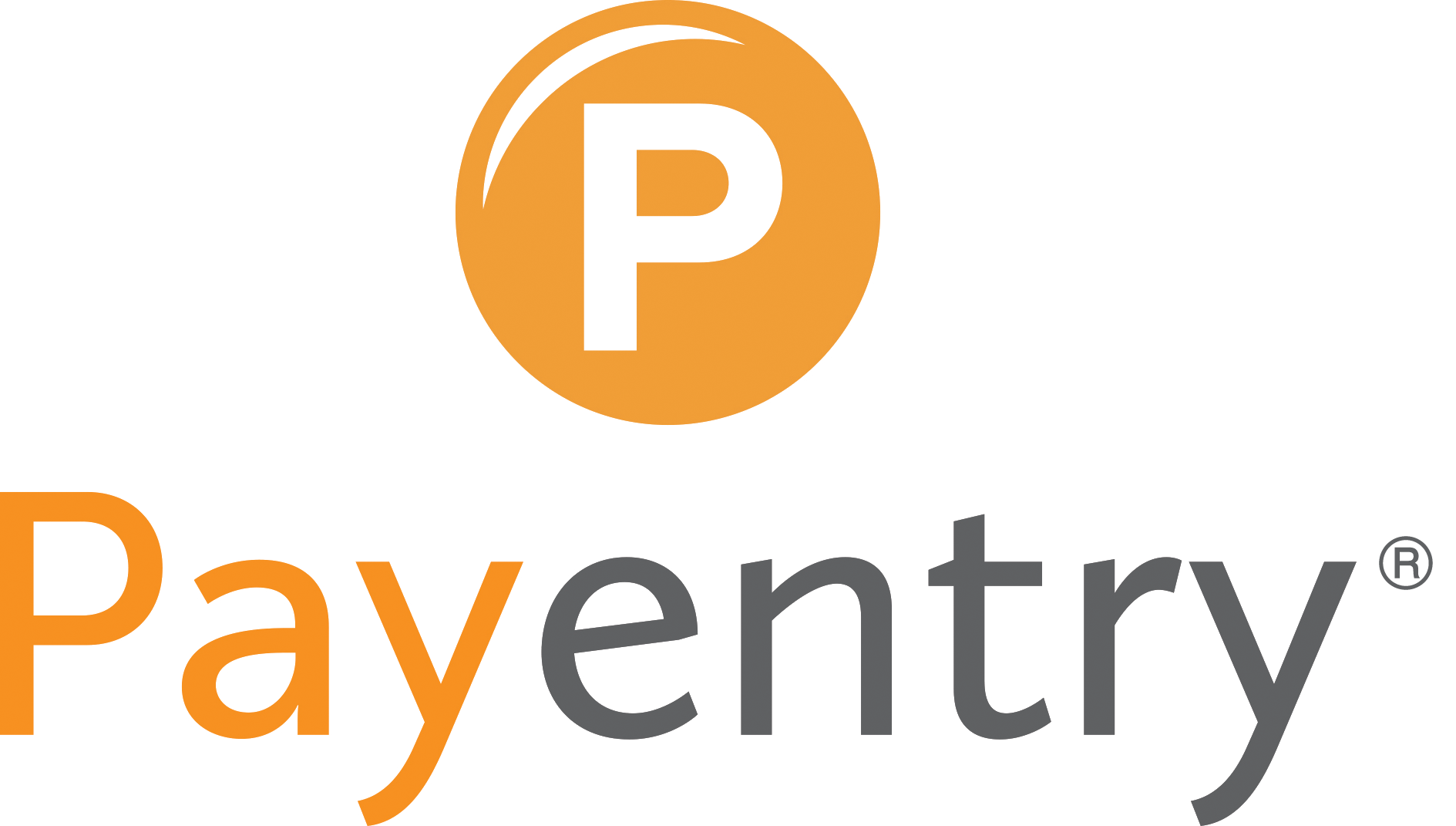
How to Handle Payroll for Seasonal Employees This Summer
As summer approaches, many organizations ramp-up their hiring to accommodate increased demand. Whether you’re in retail, hospitality, landscaping, or another seasonal industry, managing payroll for temporary employees can be challenging. From tax considerations to compliance requirements, ensuring accurate and timely payroll processing is crucial. Here’s how you can efficiently handle payroll for seasonal employees this summer.
- Classify Seasonal Employees Correctly
Proper classification of seasonal employees helps avoid payroll errors and compliance issues. Determine whether your hires are:
- Employees (W-2 workers) – Subject to payroll taxes and labor laws.
- Independent Contractors (1099 workers) – Responsible for their own taxes, but must meet specific criteria to be classified as such.
Misclassification can lead to penalties, so review guidelines from the IRS and Department of Labor.
- Understand Payroll Tax Obligations
Seasonal employees are subject to the same payroll taxes as full-time employees, including Social Security, Medicare, and unemployment taxes. Be sure to:
- Withhold the correct amount of payroll taxes.
- Verify state and local tax obligations.
- Ensure compliance with federal, state and local regulations, including Form W-4 completion.
- Streamline Onboarding and Payroll Processing
A smooth onboarding process ensures accurate payroll from day one.
- Use digital onboarding tools to collect tax forms, direct deposit information, and employment agreements efficiently.
- Ensure compliance with overtime, wage rates, and deductions.
- Implement time-tracking software to accurately record hours worked, especially for hourly employees.
- Stay Compliant with Wage and Hour Laws
Seasonal employees are entitled to fair wages and must comply with:
- Minimum wage requirements – Federal, state and local rates may vary.
- Overtime rules – Non-exempt employees must be paid overtime for hours worked beyond 40 per week.
- Break and meal period regulations – Break and meal periods vary by state, with some states having specific requirements while others may defer to federal standards.
Failing to adhere to wage laws can result in costly fines and employee dissatisfaction.
- Plan for Offboarding and Final Paychecks
When the season ends, ensure a seamless offboarding process:
- Provide final paychecks on time, per state regulations.
- Offer information on tax forms (W-2s) and any applicable benefits.
- Keep records of employment history for rehiring purposes next season.
- Leverage Payroll and HR Solutions
Managing seasonal payroll can be complex, but the right payroll and HR software can simplify the process. A dedicated payroll provider can:
- Automate tax calculations and filings.
- Ensure compliance with wage laws.
- Handle direct deposits and paycheck distribution.
- Provide easy-to-use time-tracking and reporting tools.
Handling payroll for seasonal employees requires careful planning and compliance with employment laws. By streamlining your payroll process, utilizing technology, and staying on top of tax regulations, you can ensure a smooth payroll experience this summer.
If you’re looking for a hassle-free way to manage seasonal payroll, our expert payroll and HR solutions can help.
Payentry personnel management professionals provide expert support in payroll, workforce management, human resources, benefits administration, and retirement planning services.
For the latest updates, to view our webinars, and listen to our podcasts, visit and follow us on LinkedIn, Facebook, X, Instagram, YouTube and Spotify.
Learn more about how we can help you achieve your goals, address challenges, and resolve issues with speed and precision by conveniently scheduling an appointment with our team. And to speak directly with an experienced payroll professional, please contact us at 888.632.2940 or simply Click Here and Let’s Talk.
* MPAY LLC dba Payentry (Company), is not a law firm. This article is intended for informational purposes only and should not be relied upon in reaching a conclusion in a particular area of law. Applicability of the legal principles discussed may differ substantially in individual situations. Receipt of this or any other Company materials does not create an attorney-client relationship. The Company is not responsible for any inadvertent errors that may occur in the publishing process.

